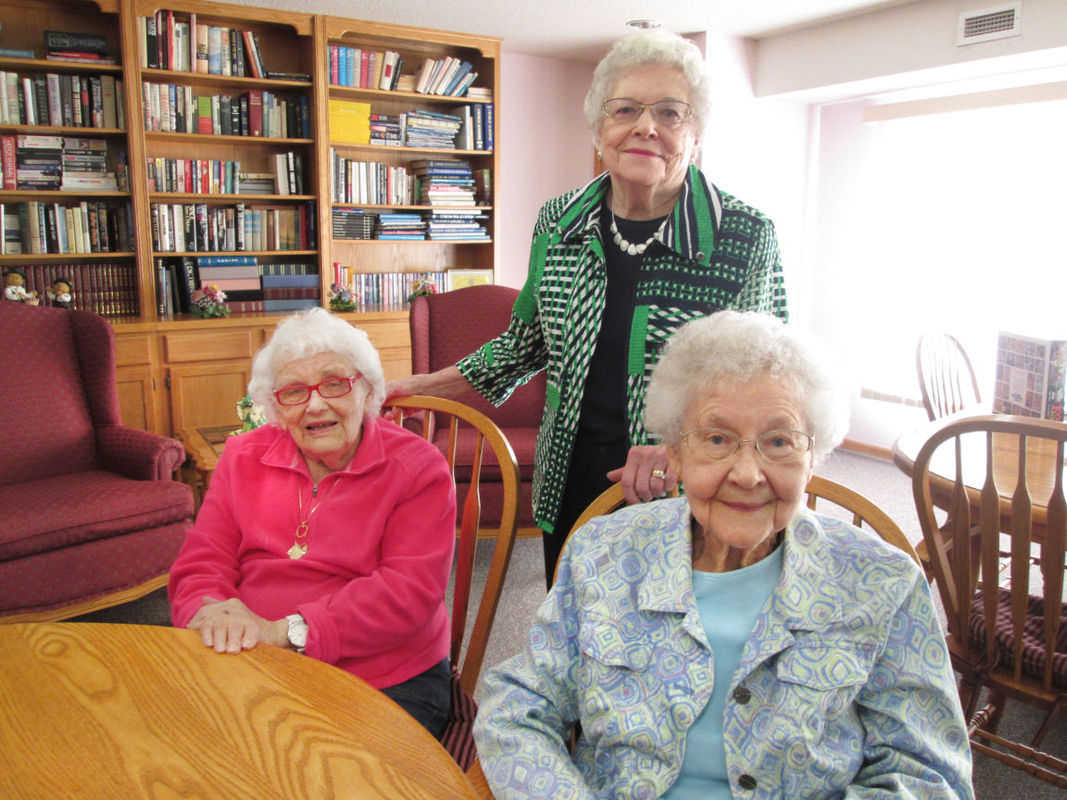|
Caring for an elderly parent, especially one who is physically frail and congitively impaired, is challenging under the best of circumstances. Even with home-care aides to help out, I often felt overwhelmed managing my mother’s finances, grocery deliveries, doctors’ appointments and correspondence -- not to mention weekly chores and home repairs at her condominium in Highalnds.
But in retrospect, I had one very big advantage: my youth. Perhaps the word should be in quotes -- “youth” -- for in fact I was in my early 50s when my mother started to decline. But I was healthy and strong and more or less satisfied both professionally and financially. And my sister, a constant companion in my efforts to help our mom, was similarly situated -- and three years younger. What if it had been otherwise? What if my mother lived another 15 years, at which point I myself would have been a senior citizen? What if I had my own health problems? What if I, too, struggled with memory loss? I was prompted to consider such possibilities by an excellent piece of journalism that appeared last week in the Arizona Daily Star. The lengthy article is topped by an appropriately lengthy headline: “As We Live Longer, More Older Adults Face Caring for Even Older Parents.” It’s not surprising. Since I was born, the average life expectancy in the United States has risen from about 70 to 79. And in healthier, wealthier parts of the country, including Monmouth County, it’s not unusual for men and women to live well into their 90s. According to a recent report from the Center for Retirement Research at Boston College, 12% of children who are caring for elderly parents are themselves 70 or older. At Twin Lights Home Care, about half of our clients are at least 90 years old. More than a few have children in their mid- to late 60s. The Arizona Daily Star spoke to several families in which children in their 60s and 70s are still providing care for their parents. “Caring for frail parents in their 90s and early 100s can be daunting while the caregivers themselves are in their 60s or even 70s,” according to the article. “The situation is forcing older adult children, some of them at or nearing retirement age, to decide if they are physically, mentally and financially capable of caring for a parent at the end of their lives.” The article cites the case of a 100-year-old woman who is cared for by her seven children, ranging in age from 59 to 73. The mother suffers from dementia, has very limited hearing and vision and uses a wheelchair. Imagine the mental, physical and emotional strains that puts on her children. “She would not sleep at night,” said one of her sons, who is 64. “In the day, she would stand at the gate outside yelling for help for 45 minutes. She would try to climb over the fence. It was very stressful.” The situation improved somewhat after a doctor adjusted the woman’s medication. But her children continued to struggle. “We wondered and questioned, could we do this – care for her and keep her safe?” one daughter said. “We relied on each other and learned as we went along.” Although their own retirements have been less than peaceful and relaxing, the sons and daughters of this 100-year-old woman have remarkably positive attitudes. “I find strength in the love I have for her,” a 69-year-old daughter says. “She did so much for me. It is our turn now to do for her. It is not a burden. It is a blessing caring for her.” Written by T.J. Foderaro
2 Comments
12/11/2023 10:00:19 am
I wanted to express my gratitude for your insightful and engaging article. Your writing is clear and easy to follow, and I appreciated the way you presented your ideas in a thoughtful and organized manner. Your analysis was both thought-provoking and well-researched, and I enjoyed the real-life examples you used to illustrate your points. Your article has provided me with a fresh perspective on the subject matter and has inspired me to think more deeply about this topic.
Reply
12/11/2023 10:22:51 am
I wanted to express my gratitude for your insightful and engaging article. Your writing is clear and easy to follow, and I appreciated the way you presented your ideas in a thoughtful and organized manner. Your analysis was both thought-provoking and well-researched, and I enjoyed the real-life examples you used to illustrate your points. Your article has provided me with a fresh perspective on the subject matter and has inspired me to think more deeply about this topic.
Reply
Leave a Reply. |
AuthorT.J. Foderaro Archives
February 2020
Categories
All
|
Copyright © 2023, Twin Lights Home Care, All RIghts Reserved

 RSS Feed
RSS Feed
